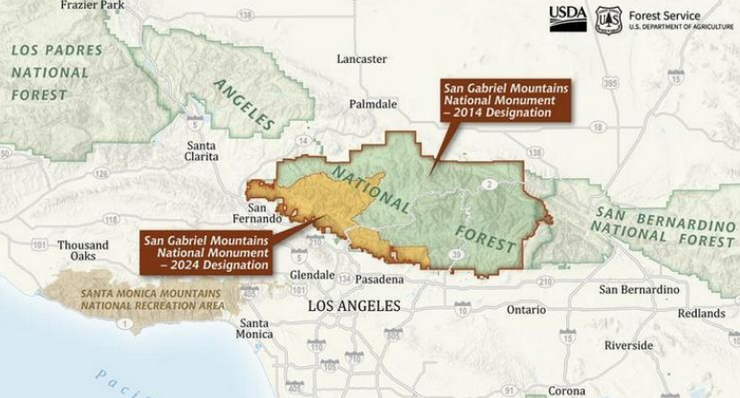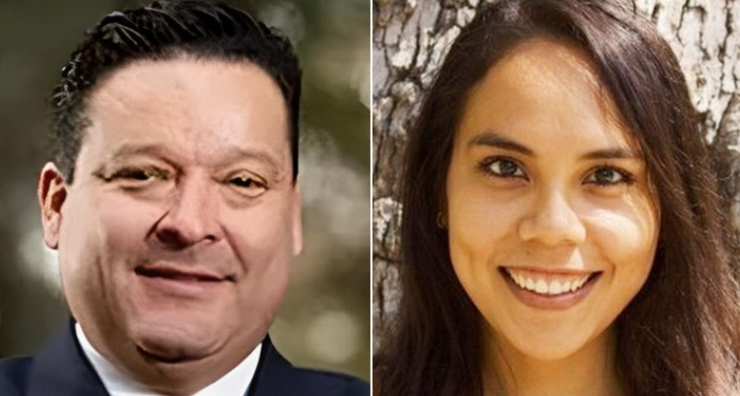
1890 - First Parade and Games. Valley Hunt Club members sponsored the first Tournament of Roses; a parade of flowers followed by an afternoon of chariot races, jousting, foot races and tug-of-war.

1920-The 31st Rose Parade marked the end of the horse-drawn era. Motor-driven floats, powered by electric and gasoline engines, took over completely.

1959 - William Wrigley, Jr. family gives Wrigley Mansion and Gardens to the city of Pasadena for use as the Tournament of Roses headquarters.

1999 - First quadruple Grand Marshals in Rose Parade history. Actress and diplomat, Shirley Temple Black, astronaut Buzz Aldrin, sports legend Jackie Robinson (posthumously) and film producer/documentarian David L. Wolper were chosen to collectively represent the 20th century.

2015 - The 126th Rose Parade presented by Honda, themed Inspiring Stories was held on the second-coldest New Years Day in Pasadena since 1952 (missing the record low by one degree) with a temperature of 33 degrees.

2019 - Gerald Freeny elected President for the 2018-2019 Tournament of Roses, becomes the Tournaments first African American President.

2020 - Tournament of Roses President Laura Farber becomes the third woman and the first Latina President in the organization's 124-year history.

2019 - Rose Queen Louise Siskel becomes what is thought to be the first Jewish and the first LGBTQ Rose Queen
Pasadena’s Rose Parade has a remarkable history and it continues to evolve, changing in response to the times. And yesterday, that meant canceling the Parade altogether for the safety of spectators, parade performers, and the myriad of Tournament of Roses members and volunteers who stage the iconic event.
This will be the first peacetime year in which the Parade has not been held since its inception. Back during World War II, the Tournament responded to the potential dangers of war by canceling the 1942, 1943 and 1945 parades.
As this decade comes to a close, the Rose Parade has come a long way.
The first Tournament of Roses in 1890 was produced by The Valley Hunt Club, the exclusive social club formed by elite, new arrivals to Pasadena in 1888. It was a floral parade held before sporting events at what was then Sportsman’s Park on Walnut Street east of Los Robles Avenue.
“Here, our flowers are blooming and our oranges are about to bear,” were the words of Professor Charles F. Holder, founder of the Valley Hunt Club in that year. It was especially sweet as New Yorkers were buried in snow during that time.
“Let’s hold a festival to tell people about paradise,” Holder said.
The fresh flowers adorned horse-drawn carriages which paraded down Colorado Boulevard to the tournament grounds. The members led their greyhounds on leashes, and boys and girls followed behind on their ponies.
With 250 spectators, the first Tournament was considered a success. A large number of guests stayed at the Raymond Hotel.
After the parade, club members and their families played foot races, polo, and a game of tug-of-war that attracted about 2,000. Seeing the scores of flowers on display in the parade and throughout the games, Professor Holder decided to suggest the name “Tournament of Roses.”
By 1895, the event had become too large for the Valley Hunt Club to handle, and so the Pasadena Tournament of Roses Association was formed. By 1900, the lot on which the activities were held had been renamed Tournament Park, a large open area directly adjacent to Caltech.
Activities soon included ostrich races, bronco-busting demonstrations, and an odd novelty race between a camel and an elephant. The elephant won that race.
Soon, viewing stands were built along the parade route and newspapers in Eastern Seaboard cities started to take notice of the event.
Since then, the Rose Parade has become a festival to showcase the warm California climate and attracts viewers from all over. A chariot race was added years later, and in 1902, the first Rose Bowl game was played after the parade.
In the first game, Stanford suffered a crushing loss to the University of Michigan, and no other New Year’s Day Rose Bowl game was to follow until 1916. A new stadium for the event was built seven years later, in 1923, and quickly earned the nickname “The Rose Bowl.”
The game has sold out every year since 1947.
Today, the floats that participate in the Rose Parade represent state-of-the-art technology beneath flowers, fruit and seeds with which float makers decorate the moving creations.
Visitors, young and old, from all walks of life, have longed to experience the beauty of the floats, along with the spirited marching bands and high-stepping equestrian units through the 5.5-mile route down Colorado Boulevard.
The Rose Parade: Good Times and Controversies Over the Years
The parade has not been without its own controversies.
In 1992, when the parade featured 60 floats, 22 marching bands nd 29 equestrian teams, native Americans protested against the parade’s theme, “Voyages of Discovery,” that paid tribute to Christopher Columbus and the 500th anniversary of the New World. They particularly protested the selection of Cristobal Colon, a Spanish nobleman who’s a direct descendant of Columbus, as a guest during the event.
The parade also featured the first Grand Marshal riding on horseback, Colorado Congressman Ben Nighthorse Campbell, a Native American.
During the 2008 Rose Parade, hundreds of protesters called for the impeachment of President George Bush, and human rights activists demonstrated against a float promoting the summer Olympics in Beijing.
In 2011, the National Tribal Horse Coalition protested a Madeleine Pickens-sponsored float depicting a herd of wild mustangs galloping down the Rose Parade route, and called on the leadership of the Rose Bowl Parade and any and all other decision-makers to prevent this float from being in the parade as it was seen as an abuse of the reputation of the North American Indian.
In 2012, several hundred Occupy protesters marched along Colorado Boulevard during the 123rd Tournament of Roses Parade in a prearranged demonstration.
In 2014, a gay Los Angeles couple exchanged wedding vows atop a flower-covered float trundling through Pasadena, drawing more protests. The float was sponsored by the AIDS Healthcare Foundation.
But the Tournament is also an entity that recognizes progress.
In 2019, Gerald Freeny was selected the first Black President of the Tournament of Roses.
The 2019 Rose Queen, Louise Siskell, became the first openly LGTBQ Queen and is considered to be the Parade’s first Queen who was Jewish.
In 2020, Tournament President Farber is the first Latina (and only the third woman) to take the reins of the organization.
A lot has changed since the first Rose Parade in 1890. Coverage of the parade and the Rose Bowl Game used to be carried coast to coast only on the radio, but now millions all over the world are able to view both events on television. In recent years, the onset of the internet and streaming media has enabled millions more to watch the events on demand – when they want to, where they want to.
The parade and the Rose Bowl game have also become highly commercialized, with millions of dollars in advertising circulating across all media. But the underlying motive that encouraged the first planners of the Tournament of Roses to hold that first parade has remained its mission.





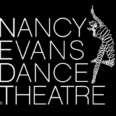
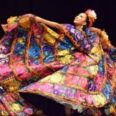


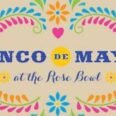




 7 comments
7 comments

